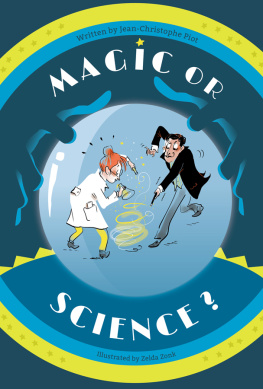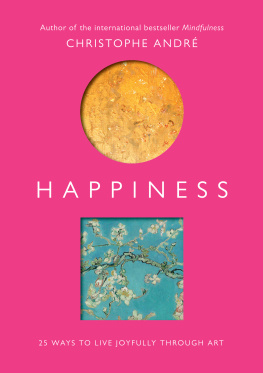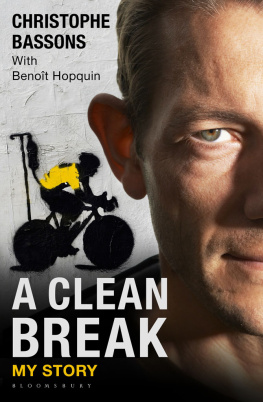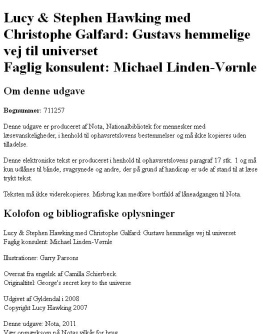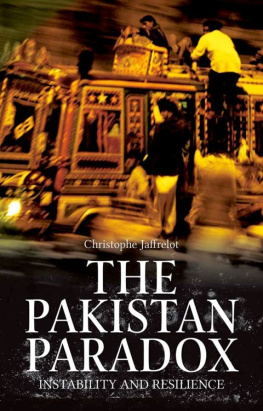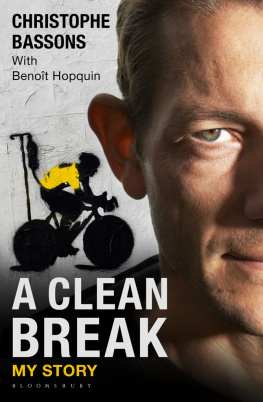THE END
OF
DEMOCRACY
THE END
OF
DEMOCRACY
by
Christophe Buffin de Chosal
Translated by:
Ryan P. Plummer
Arcadia
MMXVII
Printed in the United States of America
ISBN 978-1-944339-08-1
The End of Democracy
Copyright 2014 by Christophe Buffin de Chosal.
Originally published in France in 2014 as
La Fin de la Dmocratie.
English translation
Copyright 2017 by Ryan P. Plummer
All rights reserved.
No part of this book may be reproduced in any manner whatsoever without written permission, except in the case of brief quotations embodied in critical reviews or articles.
Published by Tumblar House
Visit our website at www.tumblarhouse.com
Sometime in the coming century, people will rack their brains pondering how nations with tremendous scientific and intellectual achievements could have given uninstructed and untrained men and women the right to vote equally uninstructed and untrained people into responsible positions.
- Erik von Kuehnelt-Leddihn
Table of Contents
Foreword
Charles A. Coulombe
T HIS book may well be one of the most important you have ever readat least in terms of politics. Christophe Buffin de Chosal makes his intention quite clear in his own Introduction:
what you are going to read presents at each moment the two facets of democracy: the delusion and the deception. The delusion consists in believing that a political system which is unrealistic, artificial, and directly at odds with human nature could contribute to mankinds happiness. Because it claimed to be rooted in lofty principles, the democratic ideal had to be true and good, regardless of any rational observation to the contrary. This delusion has accompanied all democratic and democratically derived systems up to the present day.
Then, there is the deception, because this delusion has veiled the fraud and sordid machinations of those who have exploited democracy to serve their particular interests. The two elements are inseparable and have been found side by side from the beginning of democratic ideas up until democracys everyday practice in our own time.
He concisely answers the obvious objection:
A democrat who is driven into a corner (which happens very quickly since no one is prepared to defend what is reputed as unassailable) easily says, What do you then propose instead? This is the trap one must not fall into. It is necessary first to question the principles and expose the deviating praxis in what one today calls democracy.
As he rightly tells us, we cannot begin to think of something better until we admit the evils of what we have. Here an admission is in order; my own Star-Spangled Crown was inspired partly by the questions raised in reading the French edition of this book.
As he makes crystal clear, Buffin de Chosal has not come to save democracy, but to bury it. This he does in the following chapters in a devastating manner. Mercilessly, both in terms of logical argumentation and factual citation, he dissects the dominant political mythos of our day. Layer by layer he peels back the lies to reveal the terrible truth: this particular Emperor really does have no clothes, and the democratic system that dominates the West serves merely to veil the operations of an oligarchy. What makes his message all the more timely and important is thatas with the refugee issue in Europe and the transgendered military conflict in this countryit is an oligarchy ever more removed from reality, and ideologically committed to a course that can end only in world-wide ruin and misery.
It will, however, be noted that many of the points in Buffin de Chosals analysis relate to the countries of Europe or the European Union. It has certainly been a commonplace of American Conservatism that American democracy, like American Liberalism, differs not in degree but in kind from the Continental variety. This idea has received support from such truly eminent men as Russell Kirk, who was at great pains to distinguish the good American Revolution from the bad French Revolution. It received universal expression in the Catholic world through the influence of Fr. John Courtney Murray, S.J. at Vatican IIand received apparent real world confirmation through the spectacle of Eisenhowers America protecting the Free World from Communism.
That, however, was over a half century ago, and in the wake of both the 1960s and the aftermath of the fall of the Soviet Bloc, the apparent differences between the European and American versions have vanished, leaving a Transatlantic Oligarchical consensus that attempts to strangle any semblance of past morality and tradition. That our own revolution and subsequent history were different in kind from the French and other such European/Latin American conflicts have been increasingly challengednot only by foreign scholars such as the Canadians George Grant and Ron Dart and the Argentine Antonio Caponnetto, but by American historians of widely varying ideologies, such as Kevin Phillips, Gordon S. Wood, Thomas B. Allen, Eric Nelson, Thomas McConville, and a seemingly endless and ever expanding list of others. In a word, the American exceptionalism that is a dogma among many on what we think of as the American Right is not merely being disproved by everyday experience of the present, but increasingly by unsparing examination of the past.
With that in mind, it is important to read this book without making the mental reservations that so many of us are prone to do when reading the writings of European or Latin American Conservatives: Well, that may be true of Italy or Peru, but it is different here! On the contrary, it is true in France, in these United States, in Chile, in Australia, and wherever it is pretended that the people rule. Reality is the same everywhere, and living under the Star-Spangled Banner gives us no immunity to it. If you read The End of Democracy without red, white, and blue coloured glasses, you will learn muchstarting, perhaps, with the European Unions uncanny resemblance to our Federal Government. If you want to know how as much governmentally-mandated societal change as we have seen in the past decades can occur without popular approval, look no further. This book is for you.
A note must be made about the author. Christophe Buffin de Chosal comes of a distinguished Belgian noble family on the one hand, and is Professor of Economic History at the United Business Institutes on the other. That is to say that he has one foot firmly planted in the world of history and tradition, and the other in the modernity of business and economicsit is this unique combination of perspectives that allows him to see what many others do not. He is also a devout Catholic; in 2012, he authored a book in French entitled Les vraies raisons pour lesquelles les glises se vident The Real Reasons Churches Empty Themselves. In examining the actual reasons for Catholicisms contemporary decline, he brings the same gimlet eye he exhibits in this volume.
It must be confessed that he offersas he threatened he would notno direct alternative. The book ends on a dolefulalmost apocalypticnote. But in the Faith that once built Christendom, and the natural human qualities of authority, solidarity, and loyalty that accompanied that building, he sees hope. For Buffin de Chosal is quite right: we cannot begin to see solutions until we admit we have a problemthose solutions inevitably shall include the three things that the Modern World has been in revolt against since the 16 th century: altar, throne, and hearth.




